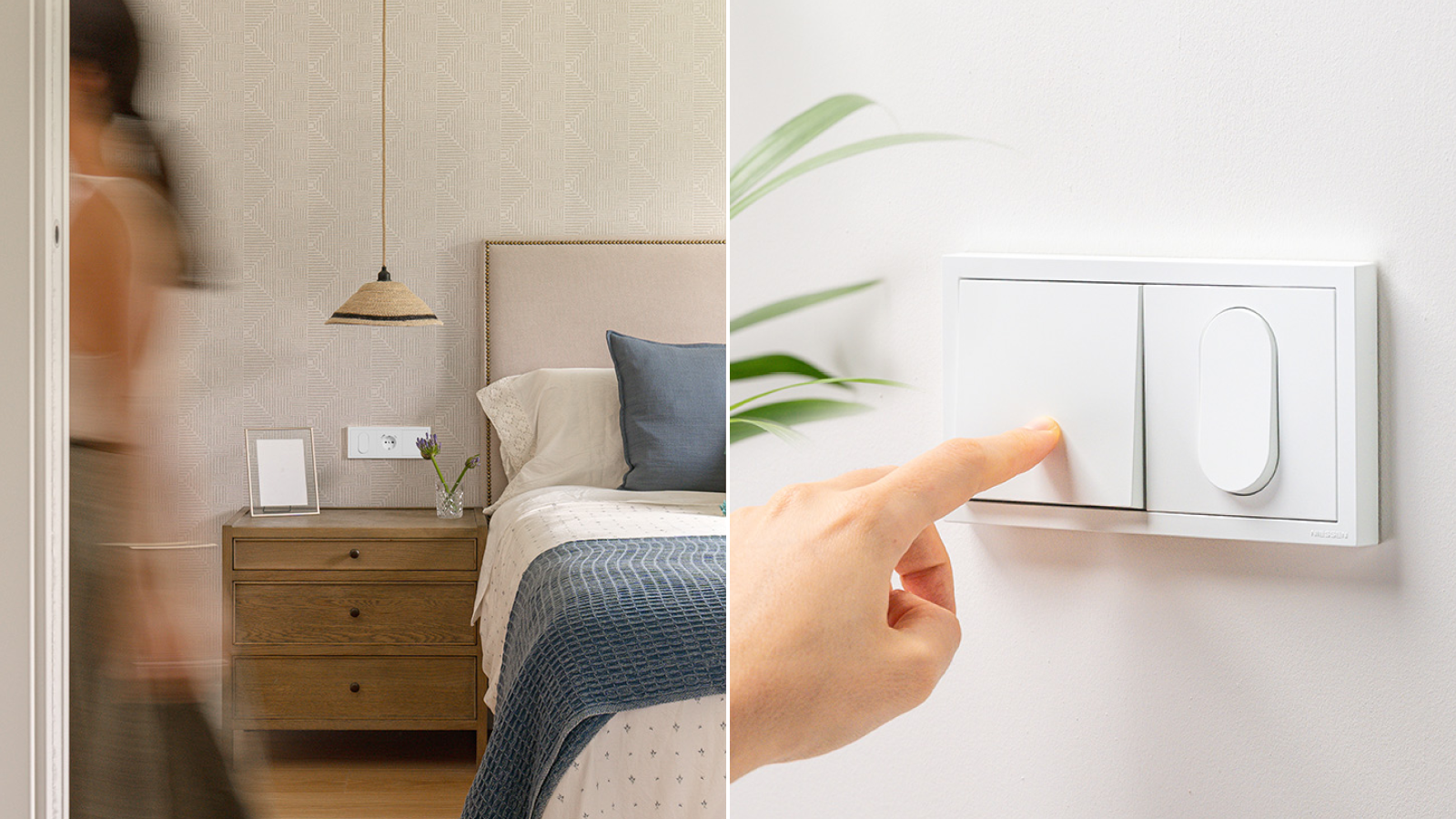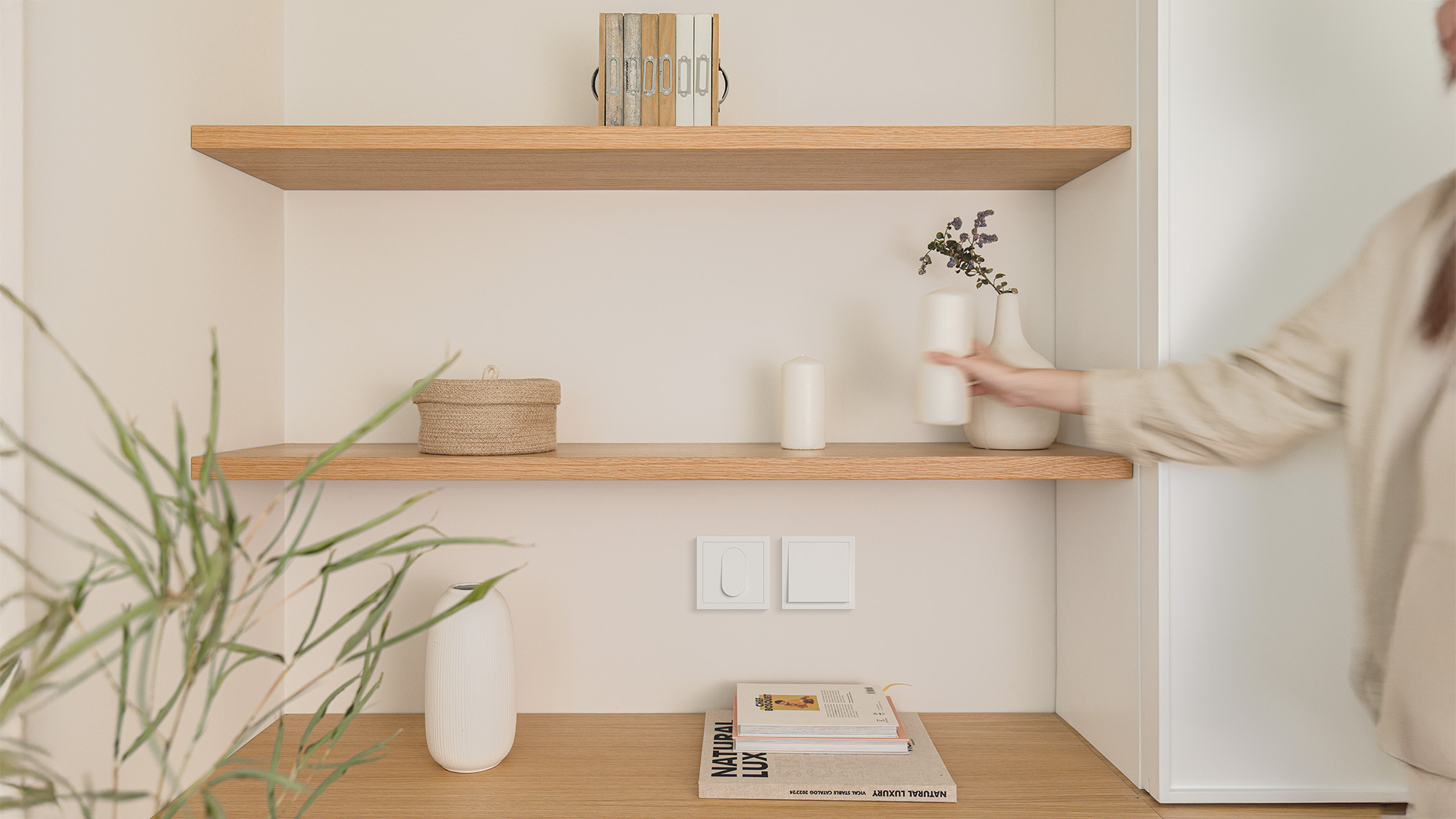In this context, technology and design play a key role in creating more efficient spaces that are committed to the environment. From energy efficiency and responsible resource management to the use of recycled materials and the reduction of carbon emissions, sustainability manifests itself in hotels in many dimensions.
Guests increasingly value spaces that reflect environmental responsibility, giving hotels that embrace sustainable practices a clear competitive advantage.
Standards such as LEED (Leadership in Energy and Environmental Design) and BREEAM (Building Research Establishment Environmental Assessment Method) have become benchmarks for evaluating and recognizing a property’s commitment to sustainability. Both certifications assess criteria such as energy efficiency, responsible use of resources, indoor environmental quality, and waste management, among others. Achieving LEED or BREEAM certification not only adds prestige but also drives the adoption of best practices in hotel design, construction, and operations.
These certifications align with the global trend toward reducing ecological footprints and strengthen a hotel’s positioning as a responsible and environmentally conscious space.
In this landscape, technology and design emerge as key allies. The digitalization of services, automation of systems, and integration of smart solutions enable more efficient energy use, enhance the guest experience, and support sustainable management of hotel spaces.
Design, in turn, contributes not only aesthetic value but also functionality and efficiency, creating environments that foster well-being while respecting the natural surroundings.

NIESSEN AND SUSTAINABLE INNOVATION IN ELECTRICAL INTERIOR DESIGN
Niessen, part of the ABB Group and a benchmark in responsible electrical interior solutions, addresses this new paradigm with products that meet evolving needs. Its latest collection, Vega, demonstrates how functional elements—such as switches or control displays—not only enhance the guest experience but also contribute to sustainability goals.
Vega offers two complementary and compatible aesthetics: Vega and Alter Vega. Both share the same mechanisms and frames, yet each presents a distinct style: clean, pure lines in Vega, and ergonomic curves in Alter Vega.
This duality expands customization possibilities, enabling spaces tailored to each client’s identity. Both options stand out for their premium finishes and attention to tactile detail, making them ideal for exclusive environments where design is essential.

COMMITMENT TO CIRCULAR ECONOMY AND EMISSIONS REDUCTION
One of the most distinctive aspects of the Vega collection is its focus on circular economy principles. The range has been developed to maximize recyclability across all finishes, using 94% recycled materials in white keys and 95% in painted keys.
This commitment extends throughout the entire production process, carried out at Niessen’s Oyarzun plant, which operates on 100% renewable energy.
As a result, CO₂ emissions associated with manufacturing have been reduced by 93%. Moreover, by 2025 the plant will achieve carbon neutrality, in line with ABB’s global “Mission to Zero” initiative.

Vega is also smart, seamlessly integrating with automation systems such as ABB i-bus® KNX. This integration enables centralized and efficient control of lighting, climate, and blinds, optimizing energy consumption according to occupancy and external conditions. It also allows the creation of personalized scenes, tailoring the atmosphere to each guest’s preferences and enhancing their overall experience.
Automation reduces energy waste and enables intelligent resource management. Hotels adopting these solutions can monitor and adjust consumption in real time, identify opportunities for improvement, and meet the most demanding standards in energy efficiency.
Vega and Alter Vega combine innovation, sustainability, and design to create smarter, more responsible hotels ready to meet evolving expectations. With its use of recycled materials, reduced emissions, integration of smart technology, and attention to design, Vega sets a benchmark for the hospitality sector, helping properties differentiate themselves and lead the transition toward a more sustainable future.




